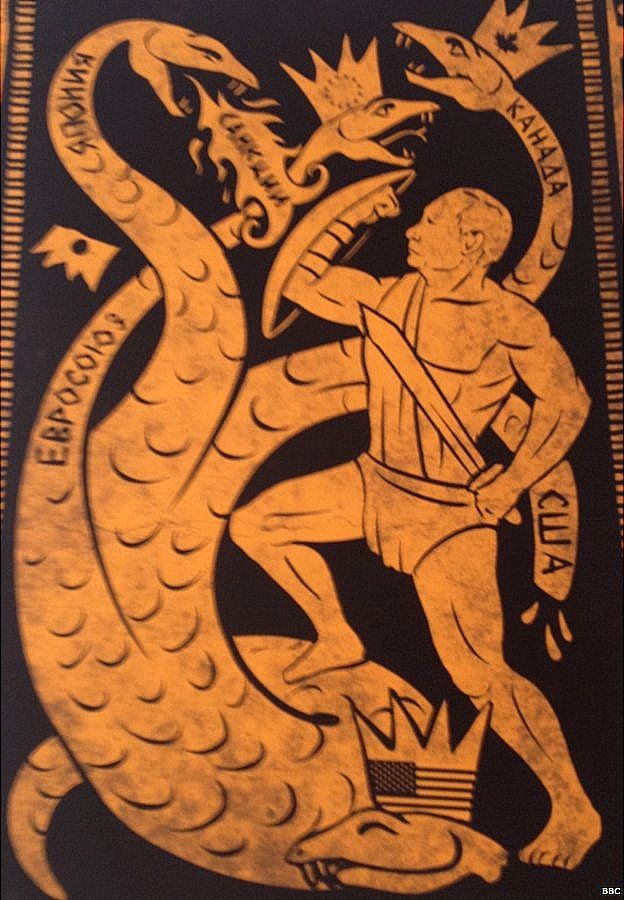“All successful authoritarian regimes,” that is those who are able to ensure political stability, growth and economic and social modernization, “are rational and pragmatic,” whereas the far more numerous instances of unsuccessful authoritarian regimes tend to have leaders who act in irrational and un-pragmatic ways, according to Vladimir Ryzhkov.

In the first category, the Russian opposition politician says, are regimes like China now, the Singapore of Lee Kwan Yew, the Chili of Pinochet, South Korea, Mexico and Taiwan. In the second, he says, are dozens of regimes in Africa, the Middle East, the post-Soviet space, and “alas, to an ever greater degree Russia.”
All these unsuccessful authoritarian countries and their elites “live in a world of ideological illusions and chimeras having subordinated to a chimerical picture of the world foreign and domestic enemies, have inadequately understood contemporary economics, and isolated themselves from the world,” Ryzhkov continues.
Such a false consciousness comes to dominate these peoples, and “as a result, they ever more lose their present and future.”
The myths of the past are coming back with the active support of government propaganda, myths like the necessity and saving quality for Russia of “the personal and autocratic power of one man and of the specialness and superiority over all others of Russian civilization, which leads to isolation and a rejection of modernization.”
“After all, what should be changed if we are already the best of all?”
In this chimerical world of Russia today, Ryzhkov continues, the authorities and the state are presented as “sacred for the greatness of which (greatness being understood exclusively as consisting of military might, territory and geopolitical influence) any sacrifices and deprivations are permissible.”
“This entire picture of the world is illusory and false,” Ryzhkov says, “but it is precisely the one which ever more defines today the domestic and foreign policy decisions of the Russian authorities and makes their policies ever more unpredictable and irrational.”
That is bad enough, but there is something worse: such a false picture of the world guarantees ultimate failure: “Irrationalism and the withdrawal into a world of illusions is the true path to backwardness and poverty, force and instability.” To avoid that disaster, Ryzhkov insists, Russia must again “stand on the firm path of rationalism and pragmatism.”




